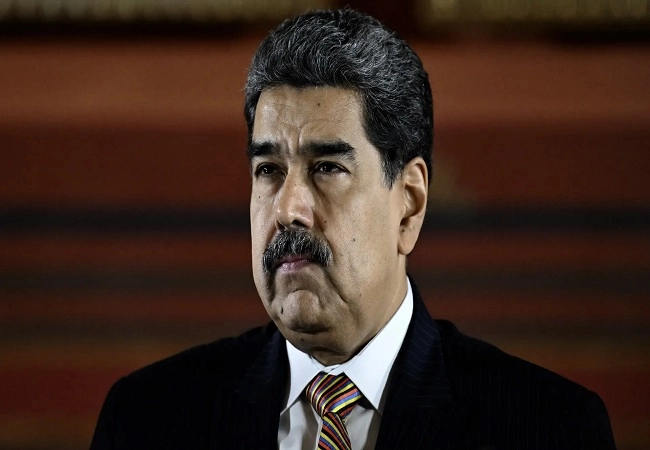In recent months, China has continued to strengthen its energy ties with Russia and Iran, undeterred by mounting pressure from the United States. This strategic partnership is particularly significant given the geopolitical landscape marked by tensions between these nations and the West. China’s appetite for oil has not diminished, and its reliance on imports from Russia and Iran has grown as both countries offer favorable terms amid sanctions and economic isolation imposed by the U.S. and its allies. The situation underscores a broader trend of shifting energy alliances, where China seeks to secure its energy needs while also challenging U.S. influence on the global stage.
Despite the U.S. exerting considerable diplomatic pressure to limit the flow of oil from Russia, especially following the invasion of Ukraine, China has maintained its position as one of Russia’s largest oil customers. Russian oil exports to China have surged, with discounted prices making it an attractive option for Chinese refineries. Furthermore, China’s engagement with Iran, a nation also facing significant sanctions, highlights its willingness to support countries that align with its strategic interests. This relationship allows Iran to circumvent some of the economic challenges it faces while providing China with a critical source of energy.
The implications of this ongoing oil trade are far-reaching. For China, securing a steady supply of energy is crucial for sustaining its economic growth, especially amid efforts to transition to a more consumption-driven economy. Meanwhile, for Russia and Iran, the relationship with China offers a vital economic lifeline, helping to mitigate the effects of Western sanctions. As these three nations deepen their ties, the United States faces challenges in its foreign policy approach, as traditional levers of influence appear less effective in curbing the growing cooperation between these countries.
Ultimately, China’s continued oil purchases from Russia and Iran represent not just an economic decision but also a geopolitical strategy aimed at countering U.S. dominance in the global energy market. The dynamics of energy trade are shifting, and as China solidifies its partnerships, the global landscape may witness a reconfiguration of alliances that could reshape international relations for years to come. This evolving situation calls for a reassessment of how Western nations engage with these key players in the energy sector, as the interplay of economic interests and geopolitical strategies becomes ever more complex.




